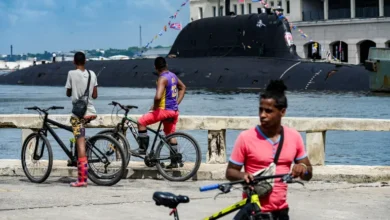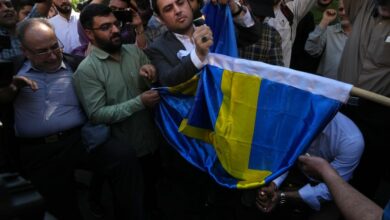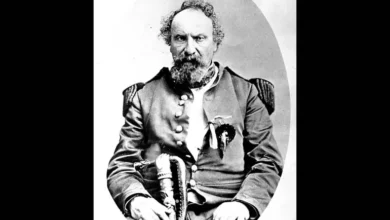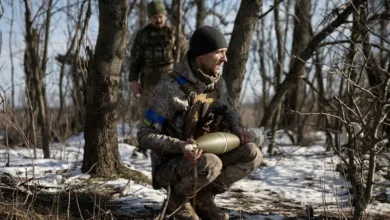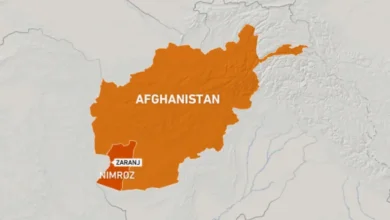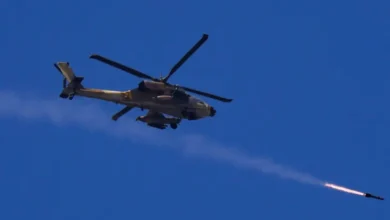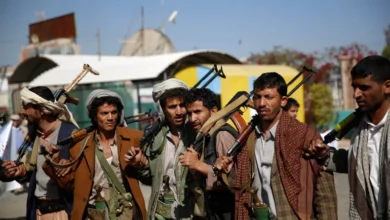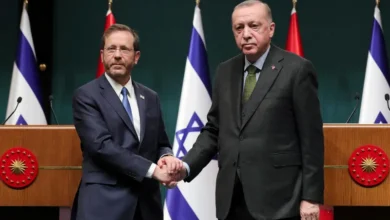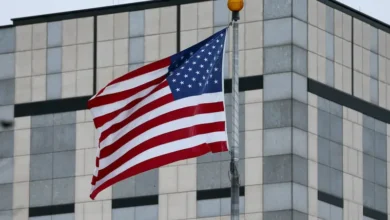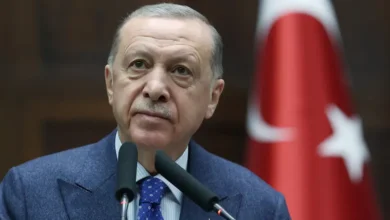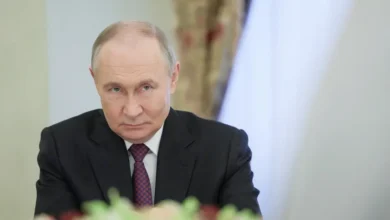New protests in Iran’s southeast as internet blocked: Activists
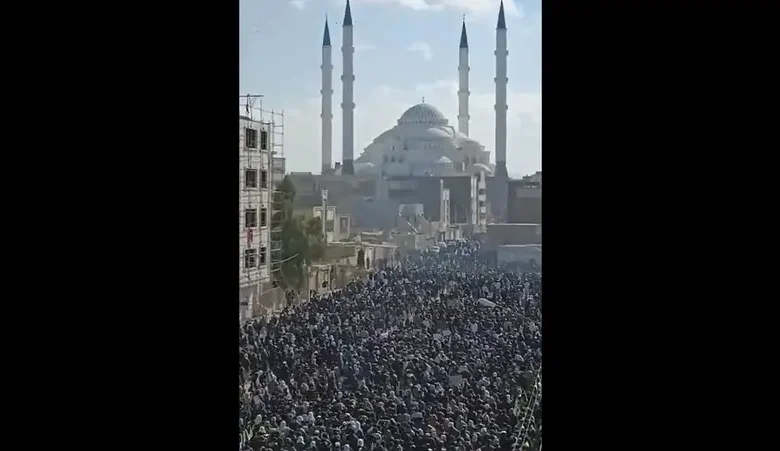
Protesters in southeastern Iran on Friday took to the streets displaying slogans against the Iranian government despite an intense security presence and apparent blocking of the internet, activists said.
Footage posted on Telegram by the Baluch Activists Campaign (BAC) showed protesters brandishing slogans including “Death to the dictator” as they marched through the center of Zahedan, the capital of Sistan-Baluchistan province.
The province, which borders Pakistan and is Iran’s poorest region, has been one of the focal points of the protests that erupted in Iran in September.
At least 131 people have been killed in a crackdown on the protests in the region, according to Oslo-based non-governmental organization Iran Human Rights (IHR).
Most of these deaths were recorded on a single day in Zahedan on September 30, dubbed “Bloody Friday,” during which rights groups accuse security forces of indiscriminately firing on protesters.
Anger for the latest protests was fueled by reports that a medical doctor had been killed in police custody after being arrested over the protests.
Ebrahim Rigi had been arrested in Zahedan last year but was released on bail and then summoned again into custody where he was fatally beaten by police agents, said the Hal Vash website that monitors Sistan-Baluchistan province.
There was no immediate comment from Tehran and it was not immediately possible to confirm the reports.
The BAC and Hal Vash said there was an intense security presence in Zahedan on Friday, with worshippers seeking to prevent security forces from entering the city’s main mosque ahead of Friday prayers.
Footage, which could not immediately be verified by AFP, showed security forces beating and then taking away a man dressed in traditional white clothing.
The internet monitor NetBlocks said there was a “significant disruption to internet connectivity” in Zahedan amid the tensions.
Sistan-Baluchistan and Zahedan are populated by members of the Baluch ethnic minority who adhere to the Sunni strain of Islam and not the Shiism otherwise dominant in Iran.
Activists say the Baluch have been the victims of years of discrimination, including being disproportionately targeted by executions.
Friday prayers at the city’s main place of worship, the Grand Makki Mosque, have during the protest movement been marked by outspoken sermons by senior Sunni cleric Molavi Abdolhamid who has supported the protesters and been bitterly critical of the Tehran authorities.
Some reports suggested that the internet blocking was aimed at preventing people from following his sermon online.
“Listen to the people and the opposition,” activists including the BAC cited Molavi Abdolhamid as telling the government in his latest sermon.
“If you cannot solve the problems of the people, step aside and let someone who can come and solve the problems,” he said.
